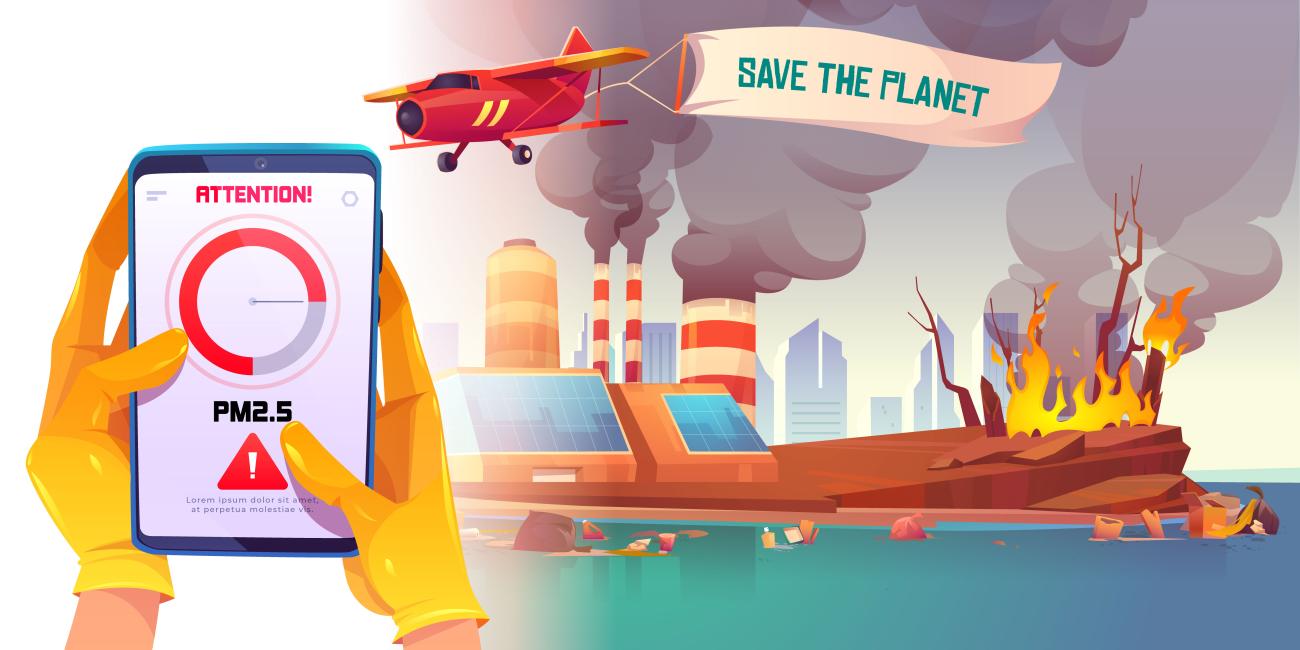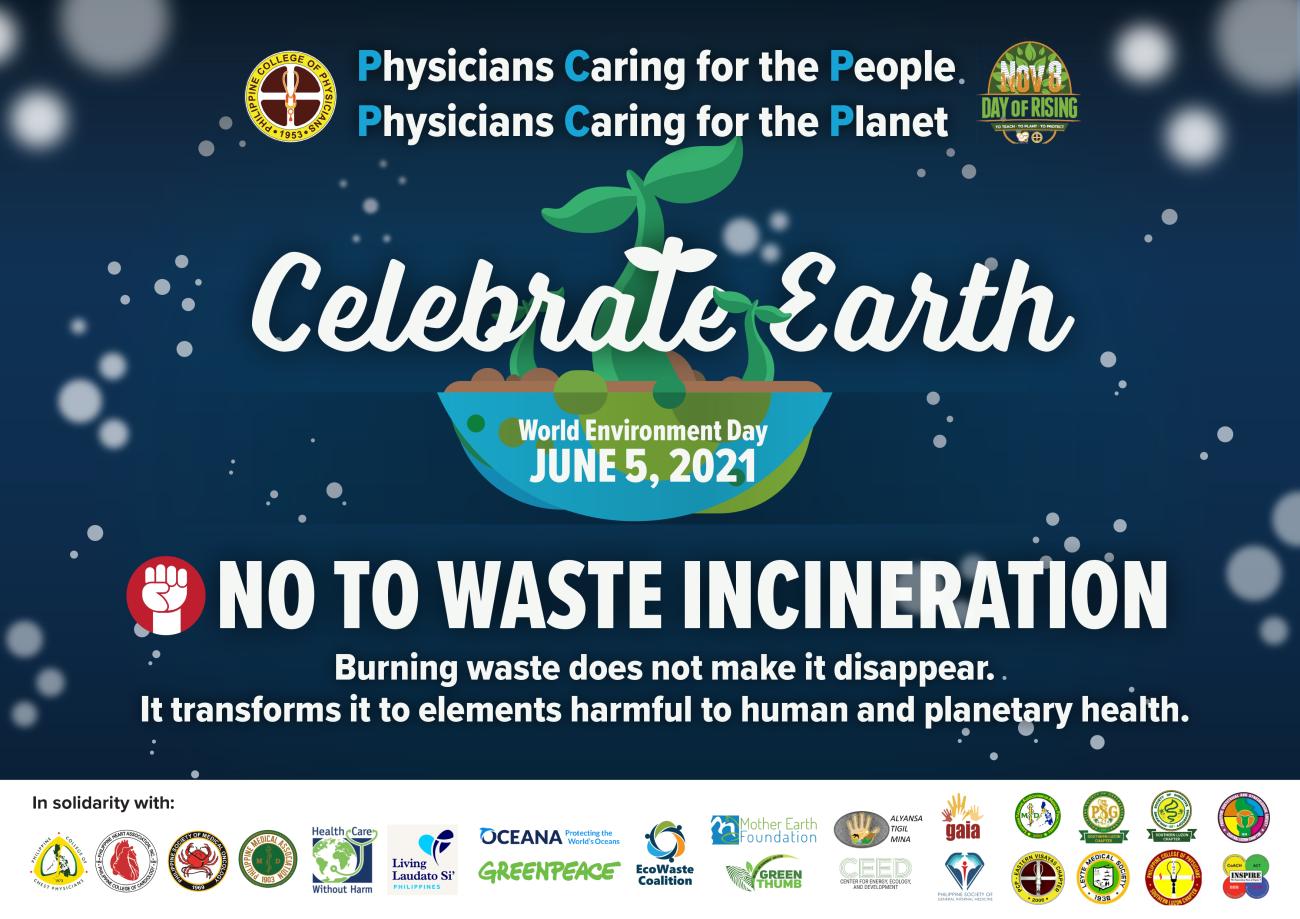
WHEREAS, the Philippine College of Physicians is a world class organization of physicians that sets the highest standards and ethical ideals in the practice of Internal Medicine and provides dynamic leadership in the promotion of health and quality of life in the management of disease and in the formulation of relevant health policies; and
WHEREAS, the Philippine College of Physicians is responsive to the changing environment. To advance this mission, the Climate Change Committee was created; and
WHEREAS, The College through the Climate Change Committee advocates people and planetary health guided by the mantra: “To Teach, To Plant, To Protect;” and
WHEREAS, The College recognizes the surge in Biomedical Waste brought by the Covid 19 pandemic and is resolute to take an active role in sustainably managing Biomedical waste and to safeguard people and planetary health; and
WHEREAS, Biomedical Waste associated with medical origin (including packaging of supplies) include infectious waste or medical waste generated during the diagnosis, testing, treatment, research or production of biological products for humans or animals; and
WHEREAS, Incineration is the predominant medical waste management in the developing world. This is associated with Thermal, Radiation and Chemical Burns and Air Pollution; and
WHEREAS, Incineration as a process does not make waste disappear. It transforms it to elements that are harmful to human and planetary health. These are: Particulate matters (PM10) that may cause asthma exacerbation, decline in lung function, premature death for people with heart or lung disease. Carbon monoxide competes with oxygen causing shortness of breath, dizziness, heart disease. Arsenic causes lung and throat irritation, and harms the skin. Hydrogen chloride when inhaled causes chronic bronchial inflammation. Chromium is associated with lung cancer, kidney and liver disease. Mercury has central nervous system effects. Polyaromatic hydrocarbon (PAH) increases the risk for skin, lung, bladder and GIT cancers. Lead causes high blood pressure rises, delayed learning in children. Dioxins and Furans are potent carcinogens. Endocrine Disrupting Chemicals disturb normal body functions; and
WHEREAS, incineration leaves a carbon footprint that impact Planetary health and inevitably climate change. Climate events lead to a decline in air quality, and ground and surface water condition.

BE IT RESOLVED that, The Philippine College of Physicians, and the PCP Climate Change Committee, in solidarity with all health care partners and organizations veto incineration and the Waste To Energy Bill. The College advocates Non-Incineration systems (Green Options) to treat medical waste (Thermal (autoclaving) Irradiative (Microwave) Chemical Biological (Enzymes). It is when physicians put planetary health alongside human well-being that we are true to our Hippocratic Oath “primum non nocere”.
MARICAR LIMPIN, MD, FPCP
President, Philippine College of Physicians
Event Details
Region
Southeast Asia